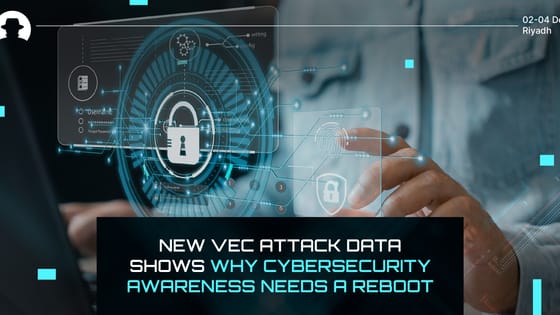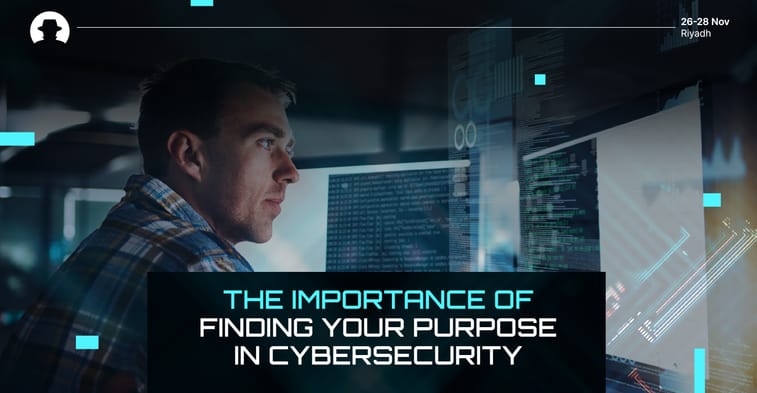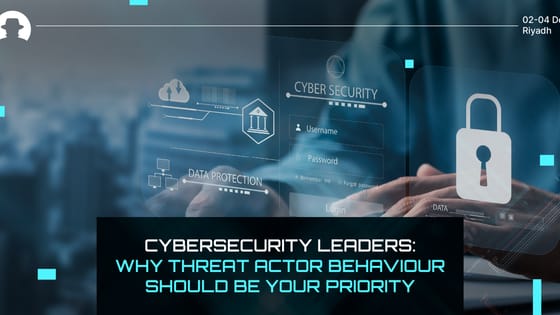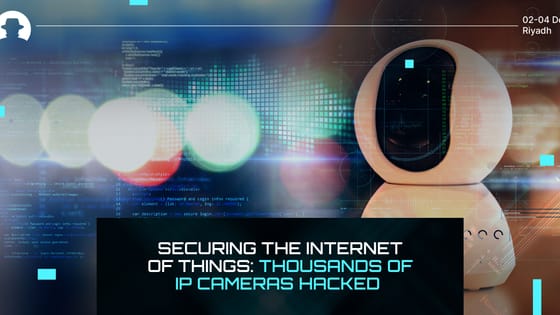
New VEC attack data shows why cybersecurity awareness needs a reboot
New research on vendor email compromise attacks shows that nearly half of employees fall for malicious emails, and 98.5% go unreported.
Read More
A career in cybersecurity is never smooth sailing. It’s just not set up that way – conflict is baked into the fabric of the job, and every professional in this sector will have to navigate major challenges at a variety of different levels; from figuring out how to communicate difficult information to unwilling ears, to handling the fallout that comes with a major breach.
That doesn’t mean, however, that all cybersecurity professionals thrive on conflict. Far from it – many of the people we meet at Black Hat MEA are warm, amiable human beings who’d rather build positive relationships than manage difficult ones; and they’re driven to protect and support, rather than to fight.
So how do conflict-averse individuals enter into this field of work and stay motivated and…well, happy?
When we spoke to Abeer Khedr (CISO at National Bank of Egypt), we asked her how she handles the pressure of serving as CISO for a national bank. She said: “By focusing on the purpose driving me to assume and continue in this role. Focusing on the purpose of ‘why’ you are doing a certain job or pursuing a certain career will automatically drive you to do what is needed to achieve this purpose.”
We think this is key: purpose is the driving force that enables you to ride out the ups and downs of challenge and conflict in cybersecurity. It maintains your motivation and resilience, enabling you to keep going when things get tough – because you know why you’re doing this. There’s a deeper meaning behind every difficult day.
And staying connected to that purpose (whatever it is for you as an individual) also pushes you to do the things you need to do in order to be good at your job.
“This includes taking care of your physical and mental well being,” Khedr said. “You will eat right and stay physically active because you want to stay sharp and healthy as much as you can to perform your work. You will nurture your mental health because you need the clarity of thought to strategise and find solutions to problems.”
On some level, you already know it – even if you couldn’t tell someone in one short, snappy sentence exactly what your purpose in cybersecurity is.
For some, it’s the neverending curiosity and pull of the game that drives them. Dr. Srijith Nair (CISO at Careem) said, “I remember being fascinated by the cat-and-mouse nature of cybersecurity. The delicate balance (dare I say) between the attackers and the defenders keeps this field an ever-intriguing one.”
“Add to this the fact that humans are not used to thinking in terms of risk, the field of cybersecurity provides you a fascinating interplay of technology and macroscopic and microscopic human behaviour.”
Going back to the very first threads that pulled you towards working in this sector is a good place to start if you’re not sure exactly what your purpose might be.
Ask yourself:
All of these questions can help you zoom in on what really drives you – whether it’s curiosity about the intricacies of tech, a desire to protect, a competitive spirit…or something completely different. Only you can define your deeper purpose in this space; and once you’re clear on what it is, that understanding can help to shape your career.
Khedr added: “My advice to new cybersecurity professionals is to look for the fulfilment of continuous learning and achievement in their work and don’t stress over strictly separating their work and personal lives.”
“Look to integrate them instead of separate them; it’s one life, and work and personal are just different aspects of it.”
Register now to attend Black Hat MEA 2024.
Join the newsletter to receive the latest updates in your inbox.

New research on vendor email compromise attacks shows that nearly half of employees fall for malicious emails, and 98.5% go unreported.
Read More
With new data from Arkose Labs, learn why psychology, business strategy and timing are just as important as technology for cyber defence.
Read More
The latest in a long line of attacks against IoT devices that highlights the vulnerability of the Internet of Things.
Read More